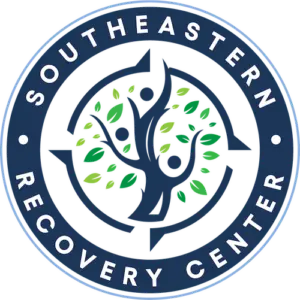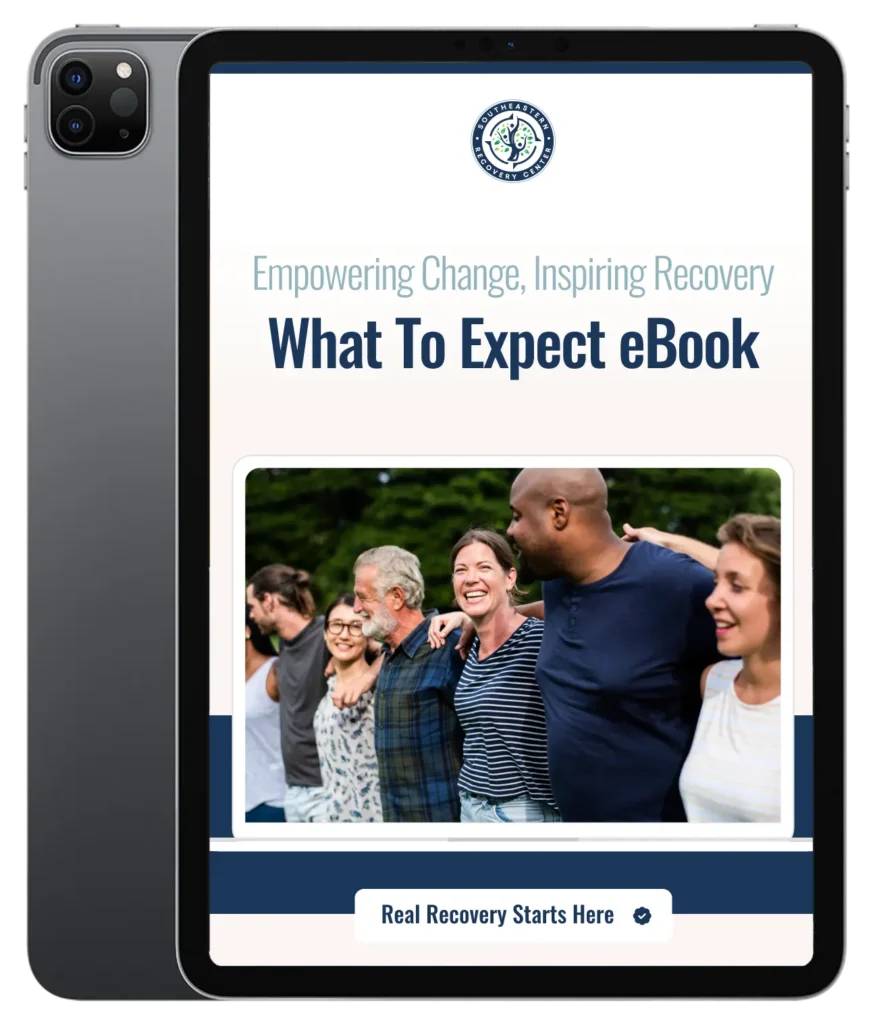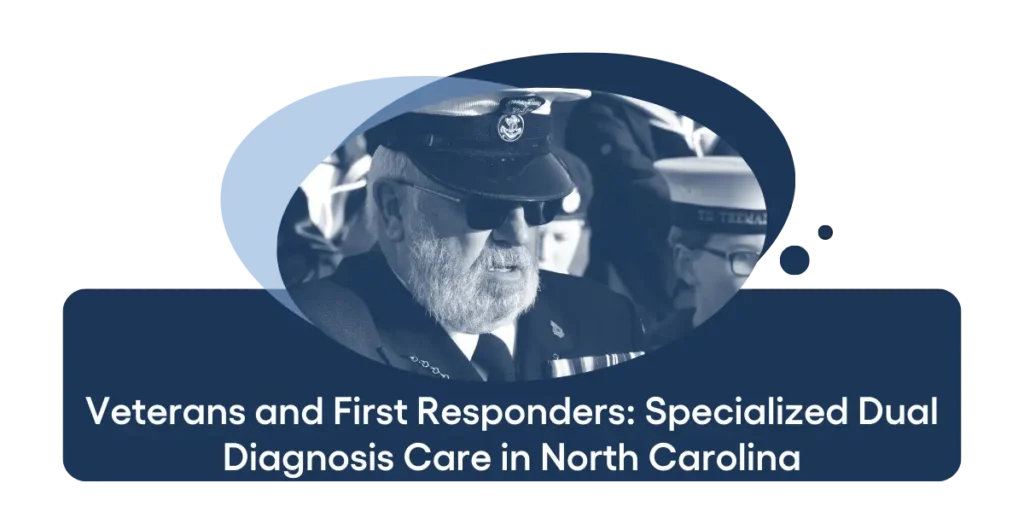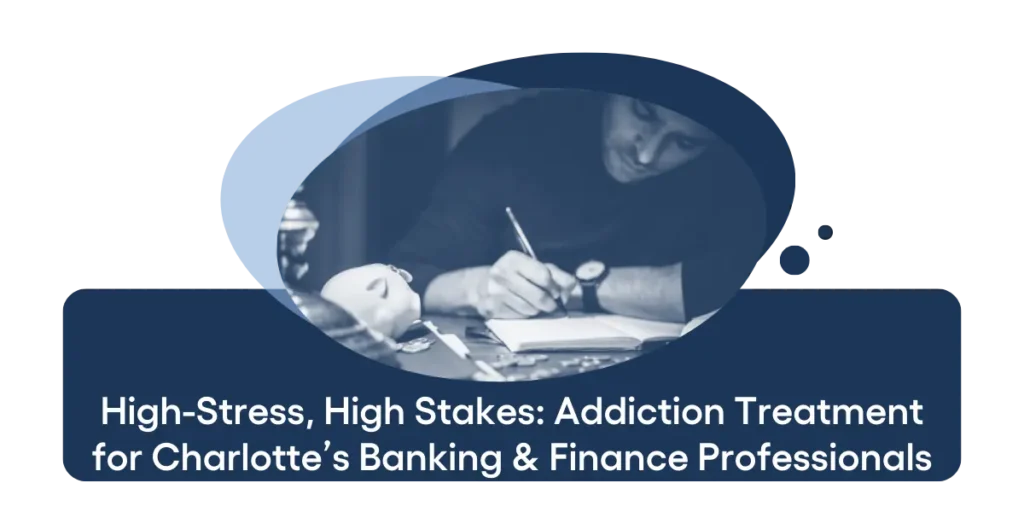JD Vance didn’t let his mother’s drug addiction shape his future – he is now the incumbent Vice President of the United States, and his past has only made him more resilient.
Addiction doesn’t just hurt the person who’s addicted; it affects the whole family. JD Vance’s memoir, Hillbilly Elegy, shows what it’s like to grow up in a family deeply affected by addiction. His mother’s substance abuse not only left scars on Vance’s childhood but also gave him a crazy determination to succeed. Even though he had that and some good luck along the way, his story shows that getting out of an ugly family life like that is really, really hard.
Who Is JD Vance?
If you don’t know JD Vance, here’s a bit of background. Born in Middletown, Ohio, in 1984, JD grew up in a working-class area. His early life was full of instability and mostly left him and his siblings to deal with a home that was, to put it nicely, chaotic. Their mother was Beverly Vance. She loved her kids a lot, but she also had big problems with drugs and caused a lot of emotional ups and downs in the house.
Two things helped JD get out of the bad cycle he was in: first, his grandparents gave him a loving, stable home; second, he really wanted to change his life. Hard work paid off for JD, who graduated from Ohio State University and then went to Yale Law School. In 2016, he published Hillbilly Elegy: A Memoir of a Family and Culture in Crisis, a harsh but honest look at addiction, poverty, and life in working-class America. The book became a bestseller and was turned into a Netflix movie in 2020. By 2022, JD had also become a U.S. Senator.
The main message of JD’s story is about resilience. This shows us how important support systems and personal determination are. These help people get over life’s hardest challenges.
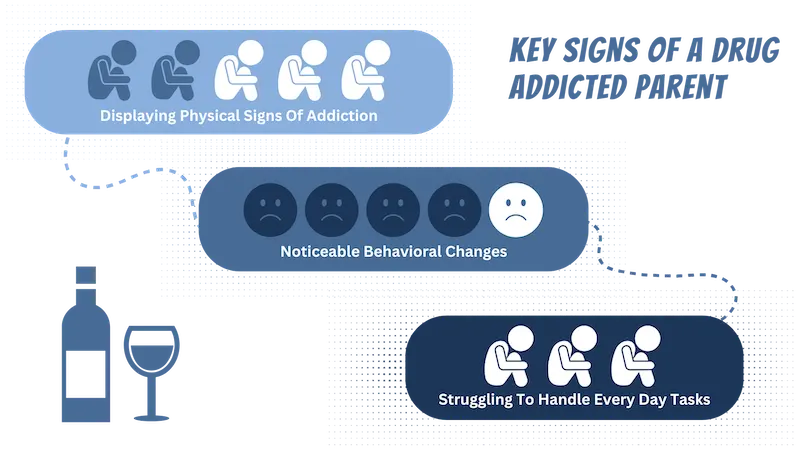
What Does a Drug-Addicted Parent Look Like?
Recognizing addiction in a parent can be tough because it doesn’t always match the usual image. Addiction can show itself in many ways and affect a person in different areas of life. Most of the time, addiction messes up a parent’s health, makes them act differently, and really affects their emotional state.
Physical Signs of Addiction
- Changes you can see in weight and energy
- Unhealthy self-care habits
- The addicted brain throws off the body’s natural balance
- Over time, it becomes increasingly hard to hide these signs
Behavioral Changes in Parents
- Not going to family dinners and steering clear of things to do during the day
- Not being interested in things we used to enjoy
- Sudden changes in mood for no clear reason
- More secretive behavior, suggesting they might be trying to hide an addiction
Impact on Daily Life
- Struggling to handle daily tasks
- The feeling of being overwhelmed
How Parental Addiction Impacts Families
Addiction doesn’t hurt just the person who’s using drugs; it messes up the whole family. The Substance Abuse and Mental Health Services Administration (SAMHSA) says that nearly 1 in 8 kids in the U.S. lives with a parent who has a substance use disorder. This means that millions of children are facing the chaos, instability, and sometimes danger that can come with having an addicted parent. And that’s not even counting the kids whose parents have serious mental health issues (dual diagnosis).
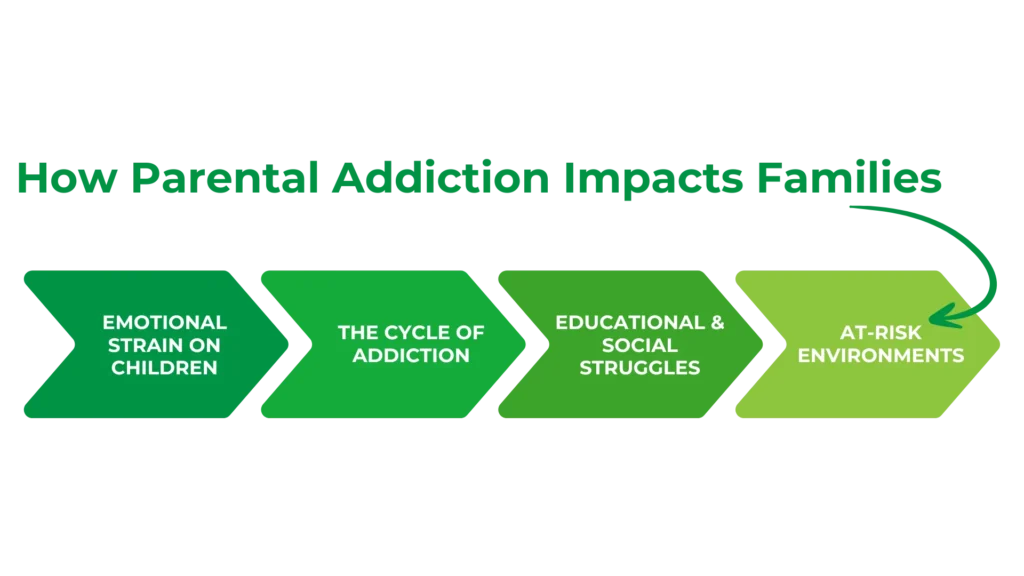
Emotional Strain on Children
Children in this situation often seem to grow up tiptoeing around. They never know if their parent’s mood will go up or down. This constant unpredictability can lead to mental health problems in children. Experts often wonder how much of this problem is from too much stress. They also wonder how much is from kids wrongly blaming themselves for their parent’s mental illness.
Many kids do this because they think they must be good enough to keep their parent from getting even more sick.
The Cycle of Addiction
Sadly, addiction often runs in families. When substance abuse is a big problem in a family, it seems to make the next generation more likely to have it too. The kids of parents who abuse drugs or alcohol are most at risk if they grow up in the same kind of environment.
Educational and Social Struggles
Living with a parent who has an addiction is really hard for a child, and the pressure can affect every part of the child’s life. Many kids can’t handle the stress and end up dropping out of school or getting bad grades. Some kids even go down dark paths like using drugs or drinking to cope.
Addiction not only brings more family problems but also causes a lot of pain for the parent and child – including educational and social struggles.
What We Can Learn from JD Vance’s Story
JD Vance says that breaking the cycle of addiction isn’t just possible; it’s something we can and should do as a society. Vance tells his own story, saying he was born into addiction. In his book, Hillbilly Elegy, he says his parents fell into the same bad habits. But Vance himself didn’t end up as another statistic. He broke free. And he says that his grandparents deserve most of the credit. Without the love and support of people like them throughout America, Vance thinks the “epidemic” would keep going.
Support Systems Make a Difference: For children in foster care, having just one steady, loving adult can completely change their lives. For JD, that person was one of his grandparents. For other kids, it might be a teacher, counselor, or mentor.
How Addiction Recovery Centers Help Families Heal
Addiction recovery centers don’t just help the person who’s addicted; they help the whole family. These centers provide what the family needs to rebuild after the chaos caused by substance abuse. They give out tools and resources, and they show the family how to use these gifts to heal together and move forward with a stronger foundation.
Teaching about addiction and how it affects families is important. When people understand how something works, they don’t blame it as much. If you think addiction is just a bad choice, you’re more likely to blame the person. A lot of people think that. Even some doctors and “addiction experts” do. But blaming doesn’t help anyone. Understanding does.
Southeastern Recovery Center wants to help heal the whole family, not just the person with addiction.
FAQs About Addiction and Recovery
How does parental addiction affect children?
Parental addiction often leads to instability, neglect, and emotional trauma. Children may experience anxiety, depression, or low self-esteem and are more likely to develop substance use disorders themselves.
Can family therapy really help?
Absolutely. Family therapy is a powerful tool for repairing relationships, improving communication, and fostering understanding.
What are the warning signs of parental substance abuse?
Signs can include erratic behavior, neglect of responsibilities, financial struggles, and increased secrecy.
Breaking the Cycle
It isn’t easy to break the generational addiction cycle that JD Vance’s family seems to be stuck in, but it can be done. Getting better isn’t a solo mission; we solve it together, as families and communities. Southeastern Recovery Center is ready to help you fight addiction, or help someone you love who is addicted. Today is the first day on the road to a better tomorrow.
